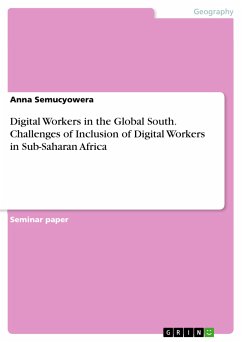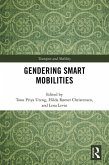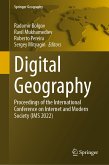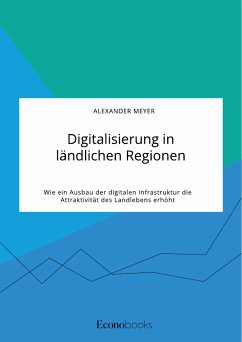Seminar paper from the year 2023 in the subject Geography / Earth Science - Economic Geography, grade: 1,0, University of Cologne, course: Digitalization, Smart Manufacturing, and 'Smart' Regions, language: English, abstract: African governments are struggling with enormous unemployment, especially among young people, and poverty. The non-digital labor market does not offer enough employment opportunities for the high number of people who enter the labor market. However, many hurdles are encountered when attempting to seize this opportunity and enable potential digital workers to work in the digital space. This paper aims to promote understanding of issues related to the digital divide, gender digital divide, geographical dispersion of digital work, and adverse digital inclusion. First, the lack of access to ICT is discussed, especially for those living in Sub-Saharan Africa where digital infrastructure is inadequate. It then analyzes the geographic distribution of digital work and examines how this could negatively impact African digital workers and encourage exploitation. In addition, it is discussed that there are also problems with the integration of people into the digital world of work since digital companies benefit from a lack of regulatory framework for digital workers in Sub Saharan Africa and therefore use predatory practices. It is argued that inclusion is not a panacea against poverty as wages for digital workers are particularly low in Sub-Saharan Africa. Both aspects - the digital divide and adverse digital inclusion - are analyzed from a gender perspective. This paper attempts to shed light on inequalities arising from unequal access to digital technology and inequality arising from inclusion in the digital labor market. It ends with a proposal of possible solutions and political implications.
Dieser Download kann aus rechtlichen Gründen nur mit Rechnungsadresse in A, B, BG, CY, CZ, D, DK, EW, E, FIN, F, GR, HR, H, IRL, I, LT, L, LR, M, NL, PL, P, R, S, SLO, SK ausgeliefert werden.
Hinweis: Dieser Artikel kann nur an eine deutsche Lieferadresse ausgeliefert werden.









